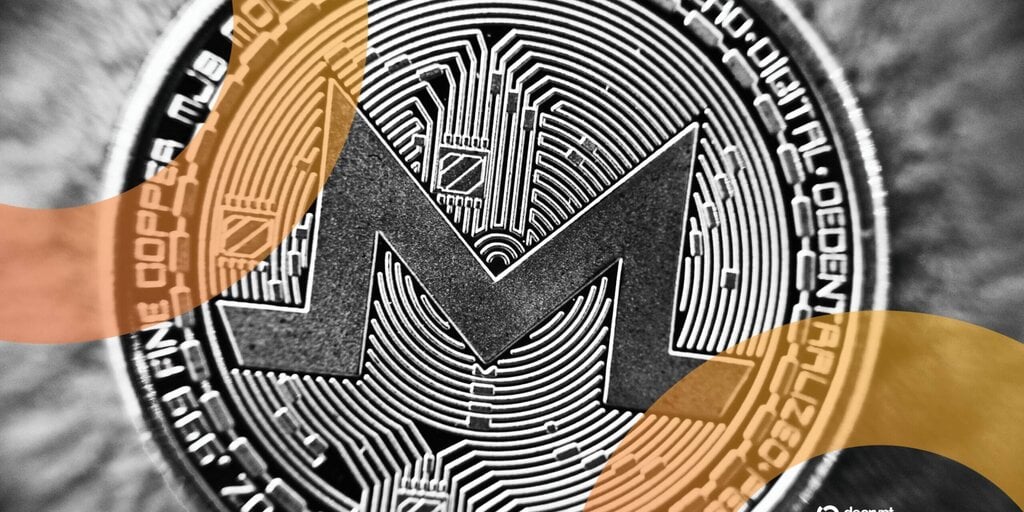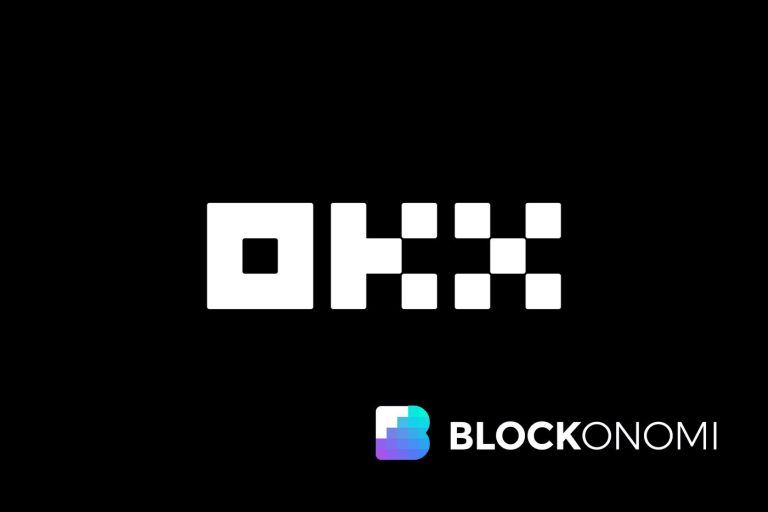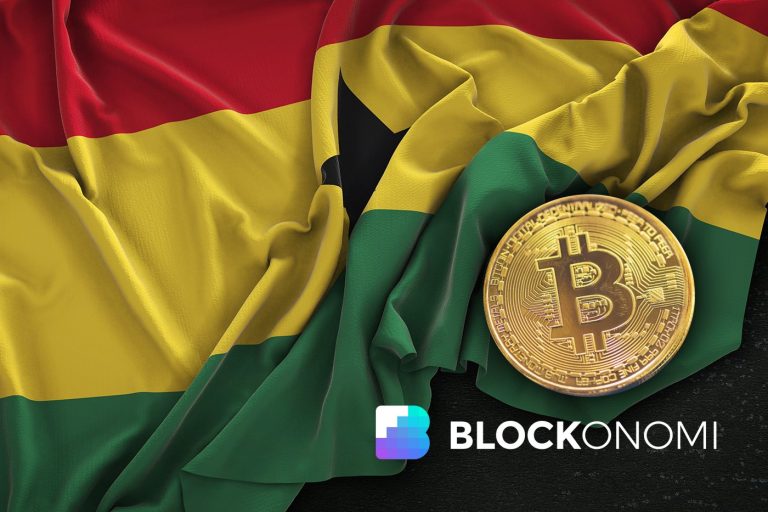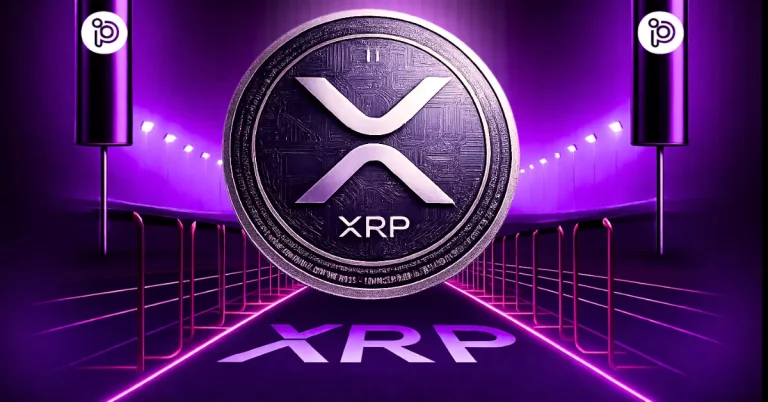
An Unprecedented Blockchain Rollback on Monero’s Network
In a historic event, the Monero blockchain, a prominent privacy-focused cryptocurrency, underwent its largest chain reorganization (reorg) to date. The network experienced an 18-block rollback that erased 36 minutes of transaction history and invalidated 118 transfers.
This unprecedented event occurred due to hidden chain mining by the pool Qubic, raising serious questions about the security of decentralized systems and the risks of selfish mining practices. Despite the disruption, Monero’s native token, XMR, remained resilient, appreciating more than 5% on the day and 12% on the week, trading at approximately $302.54, according to CoinGecko data.
What Happened During Monero’s Reorg?
The rollback happened between block heights 3,499,659 and 3,499,676 (18 blocks) when mining pool Qubic released a private chain it had been mining in isolation. This tactic, known as selfish mining, involves miners withholding blocks they find and later releasing them to replace the existing public transaction history, effectively invalidating prior transactions.
As Monero operates on proof-of-work rules prioritizing the longest valid chain, nodes across the network switched to Qubic’s longer chain, discarding the previous 18 blocks. Unfortunately, this meant payments that miners had already confirmed were erased, leading exchanges and stakeholders to increase their confirmation requirements to counteract such vulnerabilities.
The Concerns of Mining Power Centralization
This incident highlights a significant threat to blockchain integrity—mining power centralization. If a pool like Qubic gains excessive hash rate dominance, it can perform a 51% attack, controlling transaction verifications, stopping certain operations, or even ‘double spending’ tokens.
In fact, Qubic made an attempt at a 51% attack just last month. Although the validity of the attack was questioned, it still cast doubt on the fair distribution of mining resources on Monero’s network. These events reveal the risks posed when a single entity or mining pool controls a disproportionate share of computing power.
Implications for Cryptocurrency Stakeholders
For both individual users and exchanges, Monero’s reorg emphasizes the need for heightened vigilance. Some exchanges have already increased confirmation requirements, while merchants are reconsidering whether to accept Monero until stability is restored. Meanwhile, industry experts are urging miners to distribute their workloads across smaller pools to reduce risks of centralization and future attacks.
To further secure user transactions, some enthusiasts recommend considering hardware wallets for added layer protection. The Trezor Model T, for example, supports Monero and provides users with extra peace of mind by securing private keys offline.
Looking Ahead: Strengthening Blockchain Security
The Monero community and the broader cryptocurrency sector must use this incident as a wake-up call to improve network resilience. Key priorities include enhanced decentralization of mining pools, improved proof-of-work rules to prevent exploitation, and better education on securing user transactions.
As cryptocurrencies aim for global adoption, ensuring robustness and security becomes critical. Monero’s reorg serves as a stark reminder of how innovation and vigilance must go hand in hand to protect both the technology and its users.



